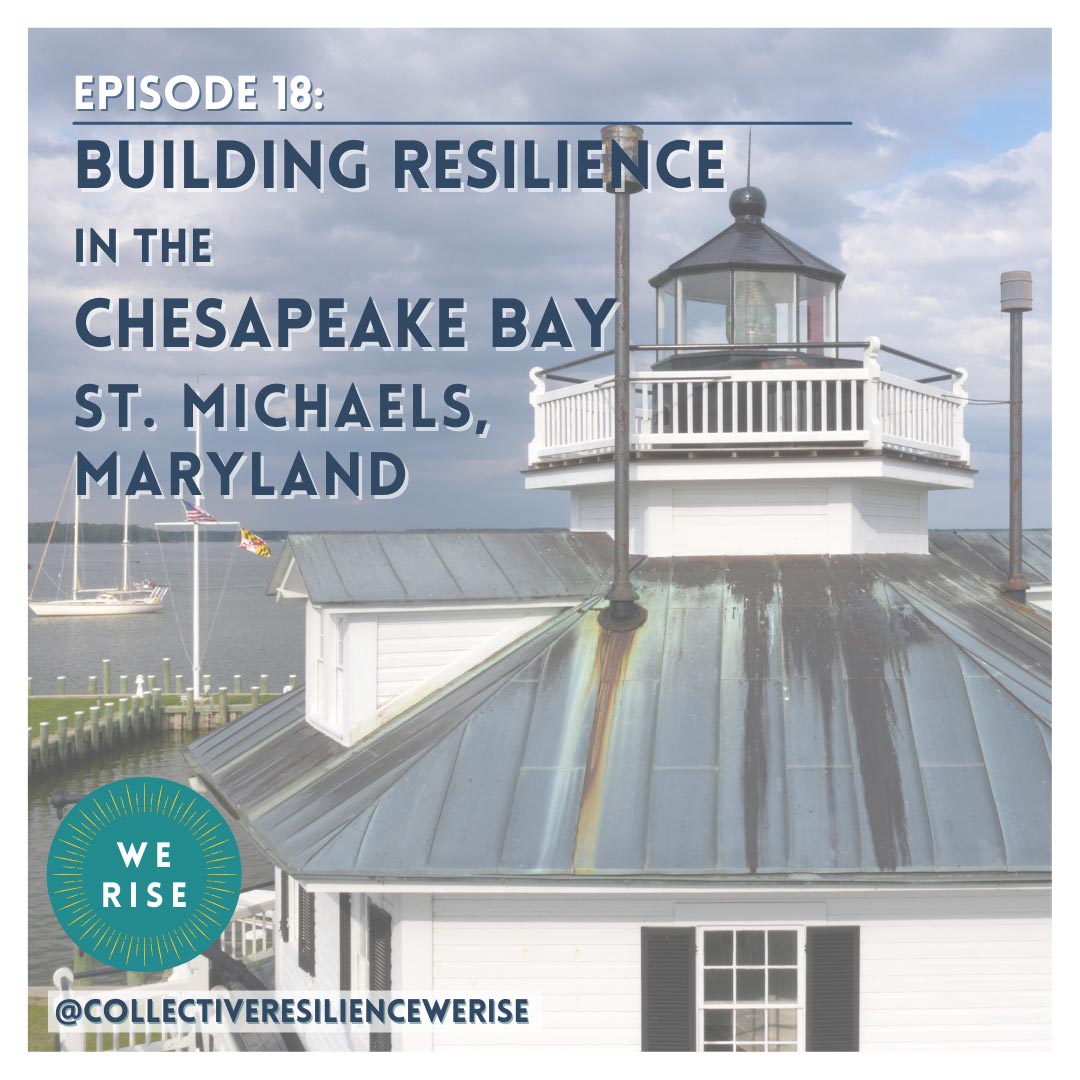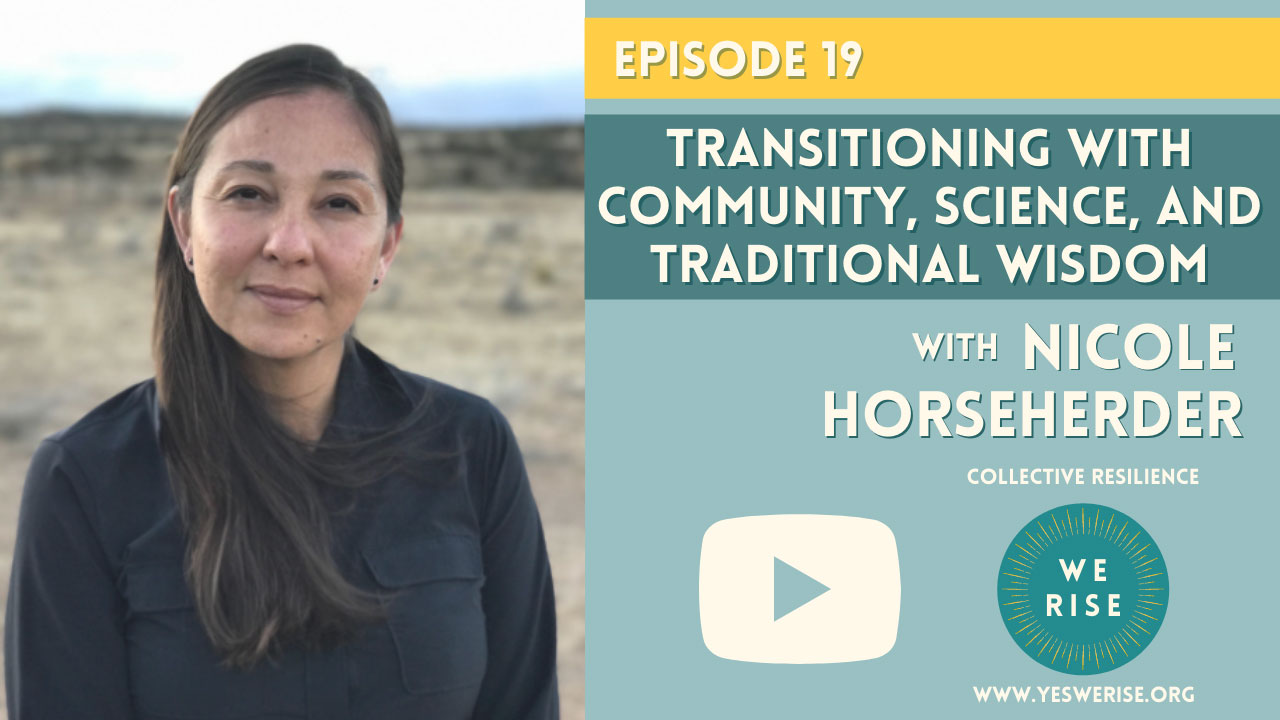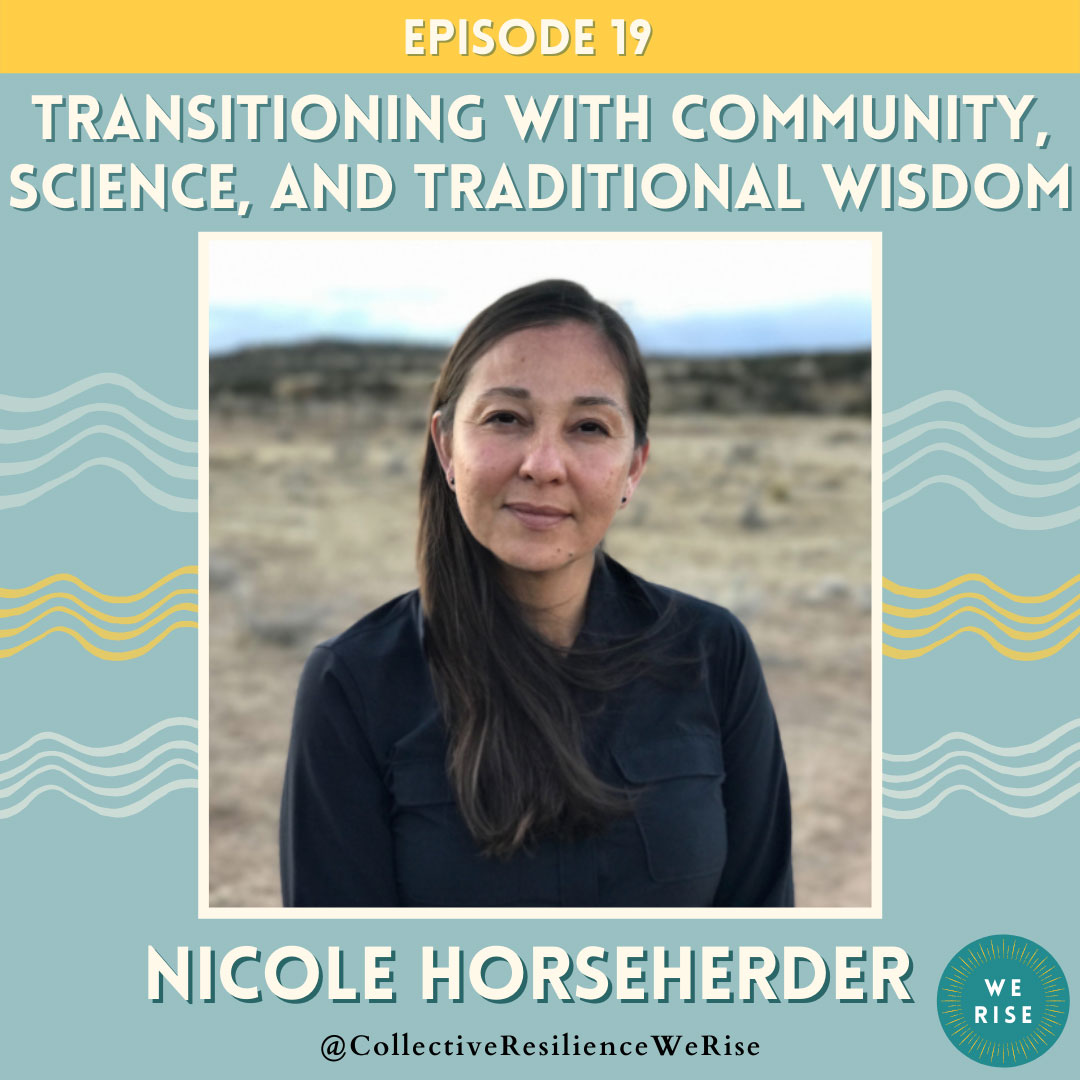
Episode 19:
Transitioning with Community, Science, and Traditional Wisdom with Nicole Horseherder
Listen to the podcast on your favorite platform:
Apple Google Play Stitcher Spotify Amazon Music
Episode 19 Description
On today’s episode of the We Rise Podcast, Christine shares a beautiful conversation with Nicole Horseherder about her work to protect the water sources of Black Mesa, Arizona as well as the Navajo Nation. A Black Mesa native, Nicole is the director of Tó Nizhóni Ání, which translates to “sacred water speaks”. She explains the power of reconnecting with her culture and traditions as a way to empower her community. Learn about the profound impact of integrating science and spirit, the restoration of Black Mesa, and the empowerment of young activists.
Download the show Notes
find this episode on youtube
Key takeaways
The generational work of fighting for Black Mesa
Located in the northeast region of Arizona, Black Mesa reaches an elevation of 6,300 ft. with some parts rising 7,000 ft. above elevation. Residents of the land include the Hopi Tribe and the Diné Nation. The climate consists of snow in winters and hot summers, and there are a variety of grasses, trees and berries that grow throughout the land.
Nicole Horseherder grew up on Black Mesa and resides there still today. Instead of using irrigation systems, the community relies on the deep and shallow aquifers that exist in the land as well as the monsoons to water their crops. This is known as dry farming.
Black Mesa has the only coal deposits in Arizona, which have been mined for over 50 years by Peabody Energy. Taking water from the deep aquifers through a pipeline, they used the water to transport coal to a generating station over 250 miles away.
Nicole’s work has included advocating and fighting for the pipeline’s use to end, which was gratefully achieved in 2005, though mining did continue for another 15 years. For decades before she was an advocate, the elders of her community were doing the fierce work of fighting the federal government and the corporations, emphasizing the importance of protecting the water.
Her Diné elders fought by emphasizing how sacred the land is. Decades later, Nicole came to the fight, bringing science, data, and reports to expose the negative impacts of the pipeline and mining industry.
A fight for true reclamation through spirit and science
Coming out of college, Nicole had been taught the Western way of approaching advocacy. Working with the elders in her community, she brought reports and data to bolster arguments of the negative impact the coal mining industry was having on the environment.
Over time, the elders reminded Nicole of the true root of their work. The spiritual connection to Mother Earth has to be at the forefront before statistics and numbers are brought to the table. Moving forward, Nicole’s culture began informing her work and helping her to advocate with deeper passion.
This change was a catalyst for strength and empowerment. Through integration of culture and science, a new strength ran through the movement, especially in the younger generations. They were successful, and the mining officially ended in August of 2019.
From here the organizations shifted their focus to “transition efforts”. The goal was reclamation, with a standard of restoring the land to how it was before mining began.
A recent part of this process included a tour of the mine and assessing the reclamation progress. Joined by others in her community including officials from the Office of Surface Mining (OSM), the Navajo Nation Minerals Department, the Hopi Office of Surface Mining, the Hopi Tribal Chairman and members of Tó Nizhóni Ání. There were also two representatives from Peabody Energy.
Going into the tour, Nicole felt insecure. However, as she inspected the mining area, she quickly realized her Diné upbringing had equipped her beyond measure. She was raised with the knowledge and skills to know what vegetation needed to be present and was able to ensure Peabody and OSM restored the land properly.
The information gathered on this tour has been instrumental in helping Tó Nizhóni Ání strategize and put together a plan of action in their fight for reclamation. This includes looking at the deep and shallow aquifers and restoring them properly for the damage that has been done. It also means seeking proper compensation for irreversible harm caused to water sources.
Hope and inspiration, and finding wisdom in the land
The biggest change makers in Nicole’s community are the youth. It is a reminder to the elders that their culture and traditions will not be lost. For twenty years she has led outreach throughout the community, sharing the importance of caring for the land and protecting the water resources.
At a recent meeting, Nicole was listening to officials from the community who were expressing their desire to focus grant funding on water protection. This was deeply inspiring to her, as it emphasized the impact the elders have had on the community, as well as the work of advocates.
Their work is now leading to a focus on environmental justice, social justice, economic justice, and water justice. Watching this transformation is exciting for Nicole. When she began her advocacy work, Nicole often felt alone in the fight. Today, activism, specifically within the younger generations of her community, is flourishing.
Reflecting on the past twenty years, Nicole shares the importance of living out the life you are fighting for. She seeks to walk the land she advocates for everyday as a reminder of its importance. The water and the land are her wise counsel and her true north as she and her community fight for its protection and restoration.
notable quote from Nicole
“We believe that reclaimed land is part of transition. What better way to support communities and economic development than to have reclaimed lands that are usable, and reclaim waters that are usable? …That’s the foundation of economic development. That’s the best infrastructure that you can have, land that you can use, and water that you can drink.”
Links/resources mentioned
Learn more about Nicole Horseherder and the important work of Tó Nizhóni Ání.
Discover more about the work of the Office of Surface Mining, Navajo Nation Minerals Department, and the Hopi Office of Surface Mining.
The Yes! We Rise podcast is produced by Dialogue + Design Associates, Podcasting For Creatives, with music by Drishti Beats.
Follow Yes! We Rise on Facebook and Instagram.
Please rate, review, and subscribe to the podcast so we can continue spreading our message far and wide. Find our email list at the website: www.yeswerise.org.
Thanks for listening.
Don’t miss an episode — follow us on Spotify and subscribe via Apple Podcasts, Stitcher, Google Play, or Amazon Music and please leave us a review wherever you listen.
Jump to:
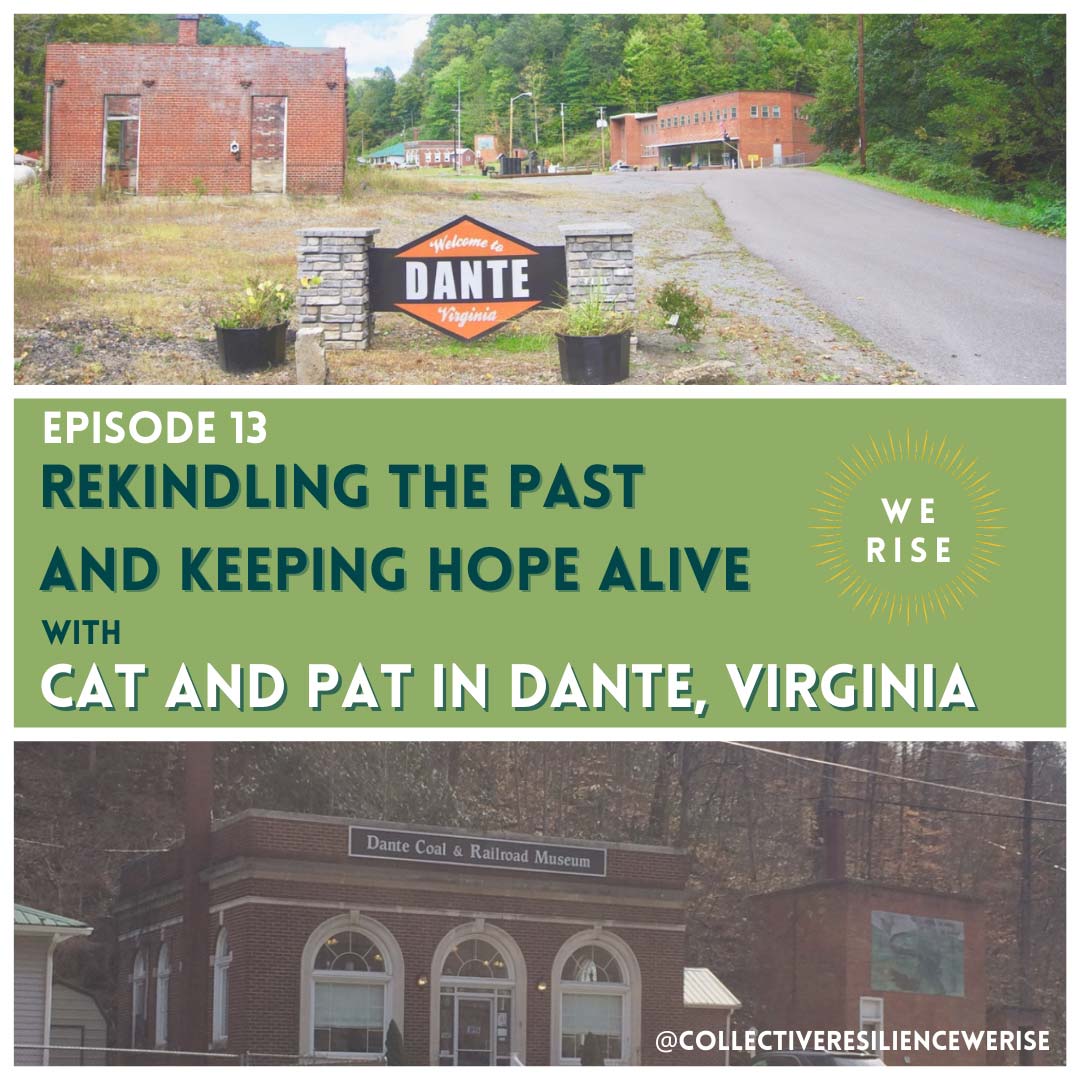
Episode 13
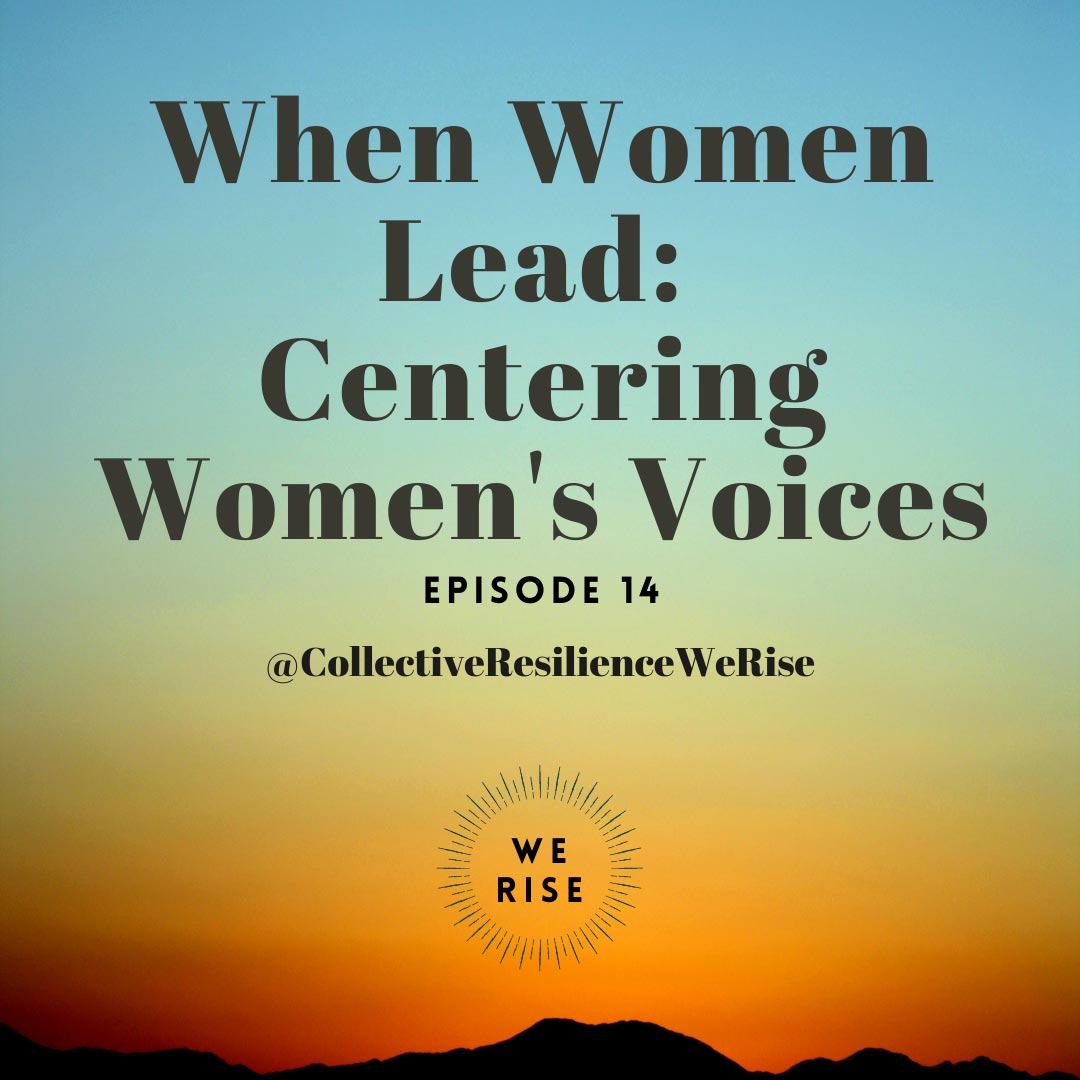
Episode 14
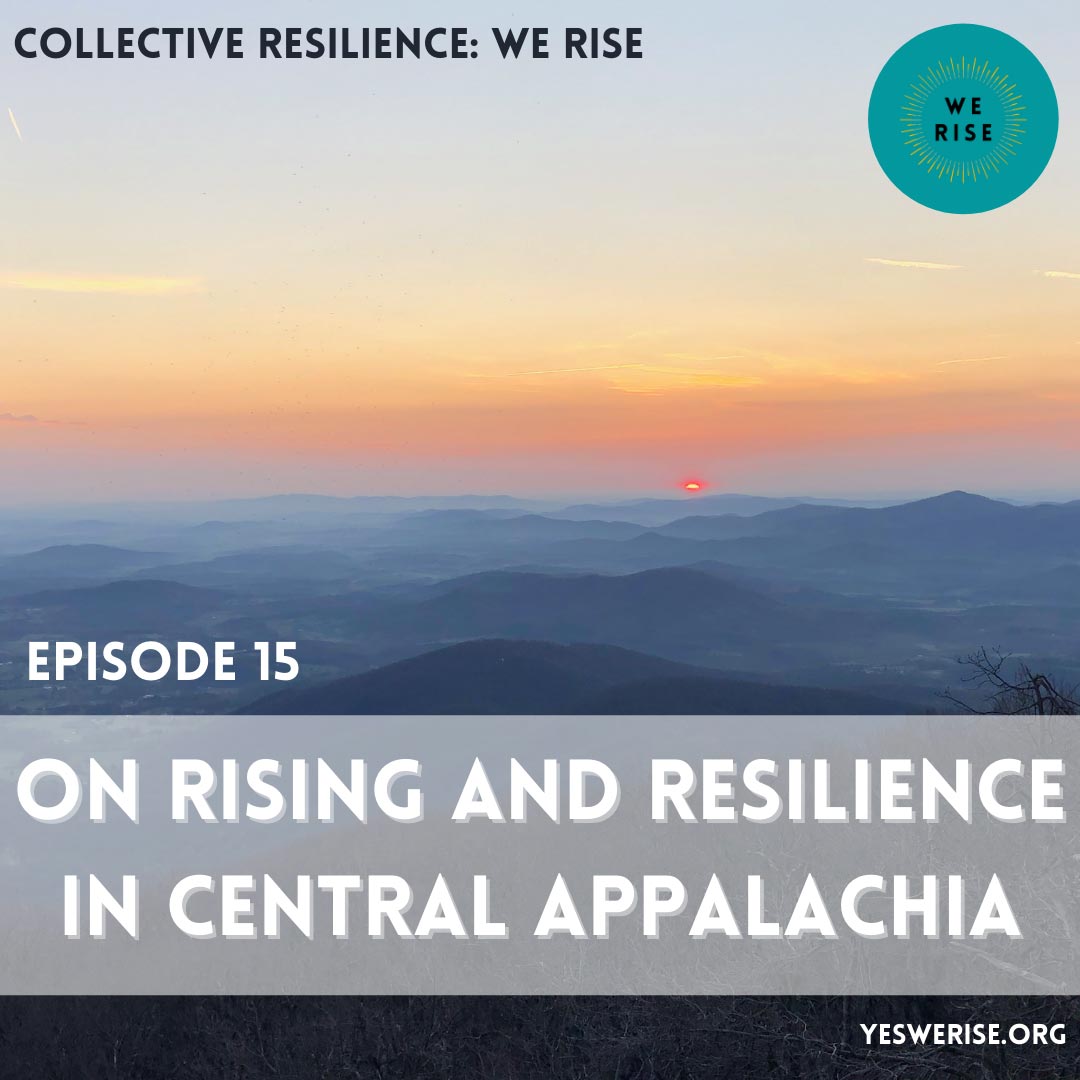
Episode 15

Episode 16
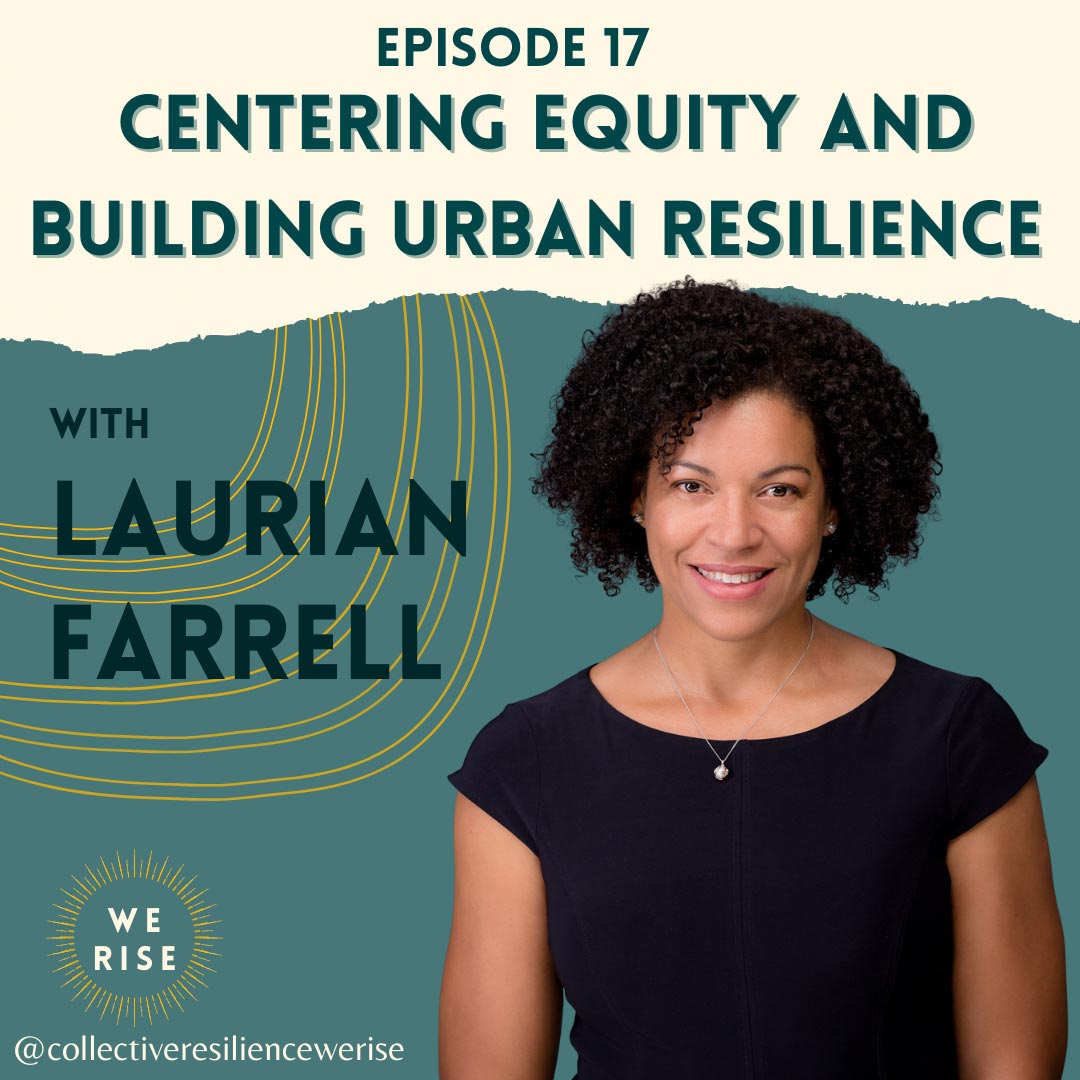
Episode 17
